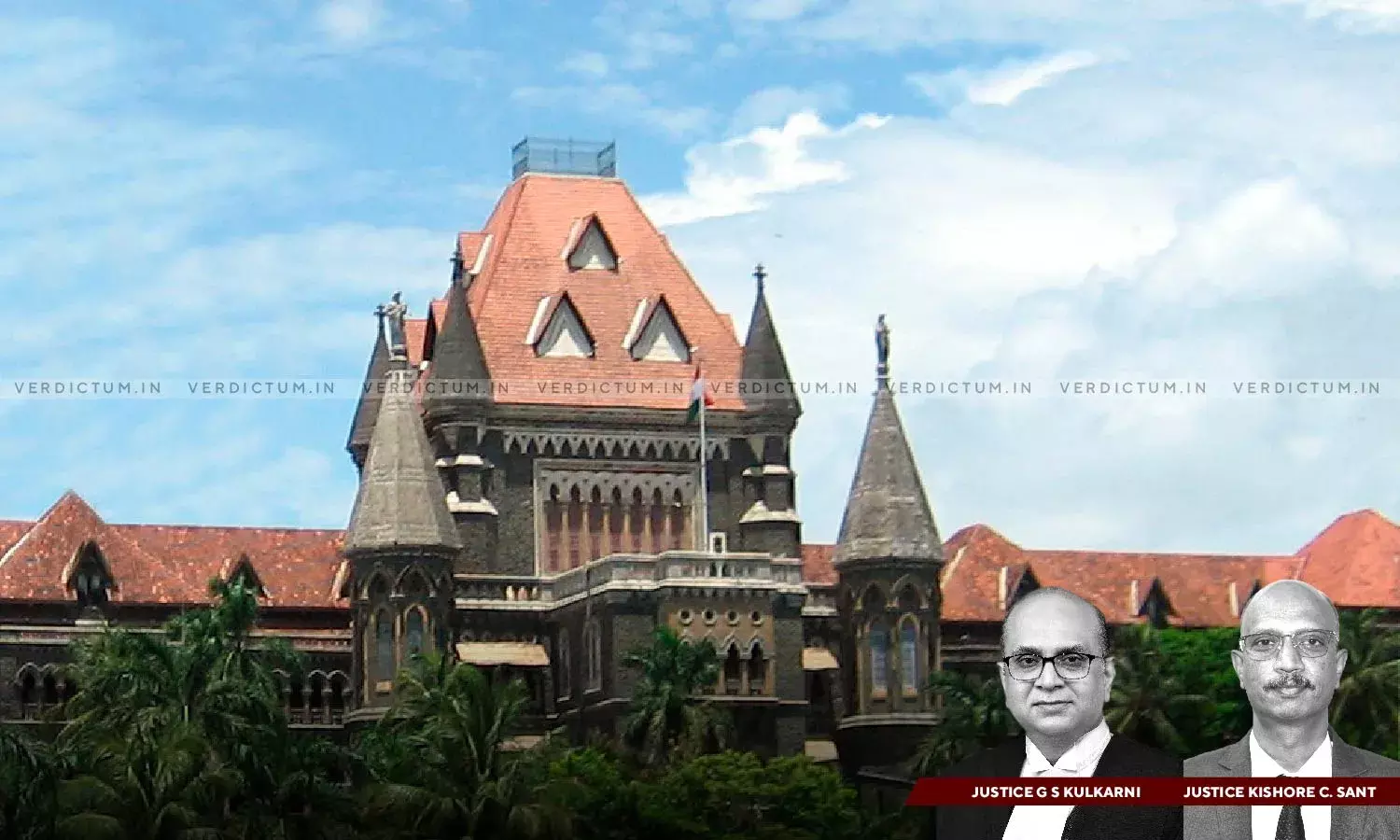Bombay HC Slams Custom Commissioner For Confiscating Imported Body Massager Over Potential Use As ‘Adult Sex Toy’

The Bombay High Court criticised the order of the Customs Commissioner after he confiscated and imposed penalty over import of Body Massagers citing their potential use as ‘Adult Sex Toys’, which, according to the authority is prohibited from import.
The matter came before this Court in appeal after the Central Excise and Service Tax Appellate Tribunal severely criticised the findings of the Commissioner and held that his view was purely imagination, to categorise the item not as a body massager, but as an Adult Sex Toy.
The bench of Justice G.S. Kulkarni and Justice Kishore C. Sant after noting that the experts opined that the concerned goods could be subjected to other uses observed, “…Thus, merely because the goods can be subjected to an alternative use, of the nature, as the Commissioner contemplated, this can never be the test to hold that the goods were prohibited, when they otherwise satisfied the test of goods, which could be imported and sold.”
The Respondent, DOC Brown Industries LLP filed two bills of entries for clearance of goods described as “Caresmith Wave Body Massager”. The concerned department, after examination, formed the opinion that it is a ‘Sex Toy’ and therefore, prohibited from import. The Customs Commissioner adjudicated that it is a prohibited good as per government notification dated January 18, 1964.
The Petitioner, aggrieved by the decision of the Customs Commissioner approached the tribunal whose decision is under challenge in this appeal.
The Court noted that the tribunal observed that the sale of body massagers within the national boundaries was not subjected to any prohibition and the adjudicating authority had appeared to have found a cause to pause for ascertainment of his authority to determine goods as 'obscene' solely in international transactions, while no such restrictions were placed on domestic transactions, on such category of goods.
The Court further noted that the tribunal observed that the adjudicating authority had made erroneous construction of the words as contained in Clause (ii) of the notification and the stand of the adjudicating officer based on the potential user of the impugned goods to regard the goods as obscene and prohibited, was patently illegal.
The Court also noted the tribunal's observation that the finding of the Commissioner that impugned goods merit confiscation was “too wide off the mark”.
The Court quoted the Government Notification and stated that the entire basis for the Commissioner to regard the goods in question which are ‘body massagers’ to be adult sex toys appears to be his perception on a reading of the clause (ii) in notification:
ii. any obscene book, pamphlet, paper, drawing, painting, representation, figure or article:
“Necessarily, in our opinion, the different items as set out in Clause (ii) are required to be read ejusdem generis. These machines like massagers certainly cannot be compared with the companion items in the said entries which are in the nature of book, pamphlet, paper, drawing, painting, representation, figure or article, etc.” Court observed.
Hence, the Court agreed with the observation made by the tribunal that it was perverse for the Commissioner to take recourse to clause (ii) of the said Notification to regard the goods in question as prohibited goods.
“As rightly observed by the tribunal, and obviously as body massagers being traded in the domestic market, were not regarded as prohibited items, was certainly a relevant consideration.” Court stated.
The division bench further noted that the very foundation of the objection of the Commissioner being on the basis of an imaginary / probable use of the goods, for the purposes as opined by him, raises more complications. It observed, “If the test of mere imagination or ingenuity is to be applied to prohibit clearance of any goods, this would cross all boundaries of the customs officials being governed by law and the rules.”
The Court noted that if what was observed by the Commissioner in the order-in-original is accepted to be the only test, it would amount to accepting the personal views of the officer which would be something unknown to the law.
The Court found the decision of the Commissioner as perverse as there was no material before him to categorise goods under clause (ii).
The Court rejected the petition as according to it the view of the tribunal was correct when it set aside the order by the Commissioner.
The Court also rejected the appeals concerning individuals in view of the above order.
Cause Title: Commissioner of Customs NS-V v. DOC Brown Industries LLP
Appearance:
Appellant: Adv. Karan Adik, Adv. Sangeeta Yadav
Respondent: Adv. Gopal Mundhra, Adv. Rajat Bharadwaj
Next Story

